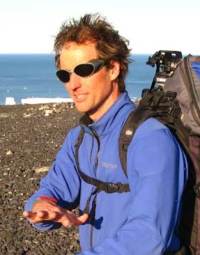 |
Grant Ballard, PI, Project Coordinator
Grant Ballard is Chief Science Officer at Point Blue Conservation Science. He works in both ecology and bioinformatics and currently leads several projects investigating, communicating, and mitigating the effects of large-scale environmental change on ecosystems in western North America and the Southern Ocean. Originally from St. Thomas, US Virgin Islands, he has made the Bay Area his home since 1991. |
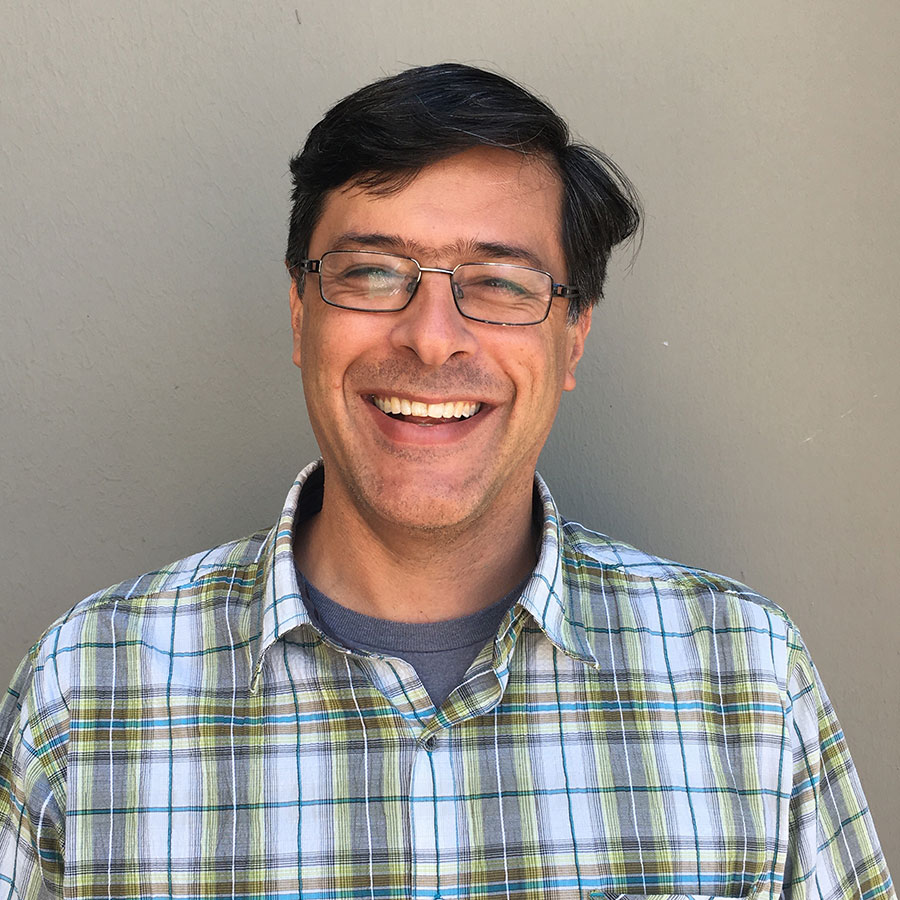 |
Sam Veloz, Model Development
Sam Veloz, Ph.D., is Spatial Ecologist with Point Blue Conservation Science. Sam is primarily working on projects that explore how species will respond to global change, including climate change and other human modifications to the environment. Using models that test the sensitivity of species to changing environmental conditions, Sam seeks to evaluate what species or places might be most vulnerable to global change. Recent work includes collaborating on the development of a decision support tool to analyze what effects sea level rise and climate change will have on tidal marsh species within the San Francisco Estuary. This online mapping tool allows users to explore how tidal marsh habitat and species will respond to a range of future climate change scenarios and can be used by decision makers to evaluate alternative adaptation strategies. As a member of the Climate Change and Informatics group at Point Blue, Sam’s work is dedicated to the development of tools, frameworks and techniques for transforming the wealth of scientific data compiled by Point Blue and its partners into successful conservation outcomes and ecosystem knowledge. |
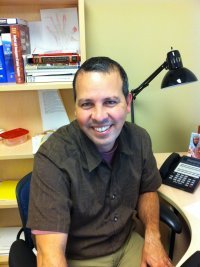 |
Leo Salas, Ph.D., Model Development
Leo Salas, Ph.D., is Quantitative Ecologist with Point Blue Conservation Science. Leo’s expertise is in quantitative ecology, mammal ecology, and population dynamics. Prior to coming to Point Blue, he conducted research on birds, mammals and tree communities. Leo received his Master of Science in 1995 and PhD in 2001, at the University of Massachusetts, Amherst. His Masters thesis focused on the ecology of tapirs and on a sustainable hunting model. His doctoral work was on the comparative ecology of three arboreal marsupials in New Guinea. After completing his studies, Leo led the Latin American program of The Peregrine Fund, until his wife took him to Indonesian Borneo, where he worked with The Nature Conservancy conducting research on orangutans and surveying remote limestone karst areas. He returned to New Guinea to work with The Wildlife Conservation Society developing a Masters-level curriculum for the University of Papua New Guinea and mentoring honors students. |
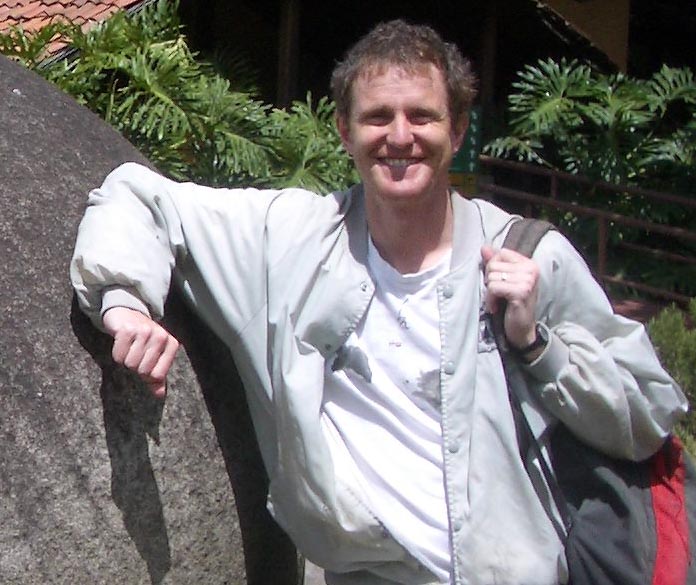 |
John Alexander, Ph.D., Co-PI
John Alexander, Ph.D. is the co-founder and Executive Director of Klamath Bird Observatory and he brings over two decades of monitoring, research, and international capacity building experience to this project. John earned his Bachelor of Science at Evergreen State College, his master’s degree at Southern Oregon University, and his Ph.D. at Prescott College. John’s expertise includes conducting monitoring and research using standard bird and habitat sampling techniques; working with land managers to integrate science-based bird conservation objectives within land management programs; and developing tools for teaching about scientific processes and results to students, community members, and resource management professionals of all ages. John has co-authored two regional bird conservation plans and over 20 peer-reviewed journal articles. His most recent research has focused on the delivery of management- and policy-relevant science in support of ecosystem conservation. |
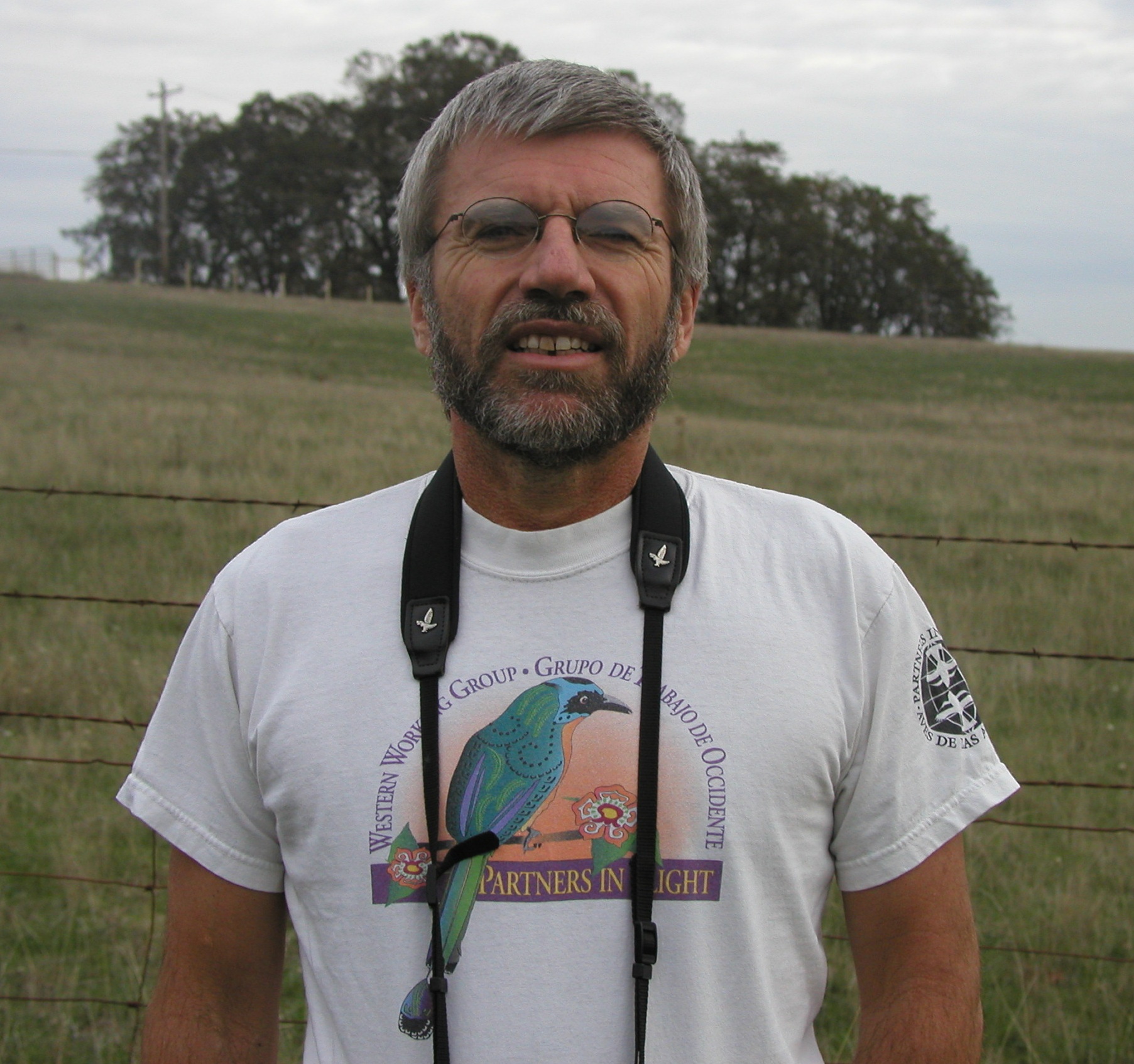 |
Bob Altman, Co-PI
Bob Altman is Northern Pacific Conservation Officer of the American Bird Conservancy. Bob has a degree in wildlife biology from Eastern Kentucky University with graduate course work at Oregon State University. He has been active in Partners in Flight since its inception, with several committee positions at state and regional levels, including his current position as Chairperson of the Oregon-Washington chapter. Before coming to ABC, Mr. Altman worked for seven years as an independent ornithologist conducting avian research and monitoring under the business name of Avifauna Northwest. He is author of the Olive-sided Flycatcher species account for Birds of North America, and lead author on a book chapter on wildlife-habitat relationships in western Oregon and Washington. |
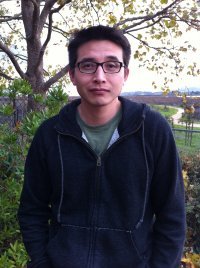 |
Dennis Jongsomjit, Model Development
Dennis Jongsomjit is a GIS Specialist at Point Blue Conservation Science. Dennis escaped from the jungles of Los Angeles to earn his Bachelor of Science degree in Wildlife Conservation Biology from the University of California, Davis. He came to Point Blue in 2001 as an intern nest searcher at the Palomarin field station. At Palomarin he worked on the creation of a guide to aging altricial nestlings to help better our understanding of factors affecting nest success. He is now a GIS specialist and biologist, focusing his efforts on landscape and climate change factors affecting bird distributions. |